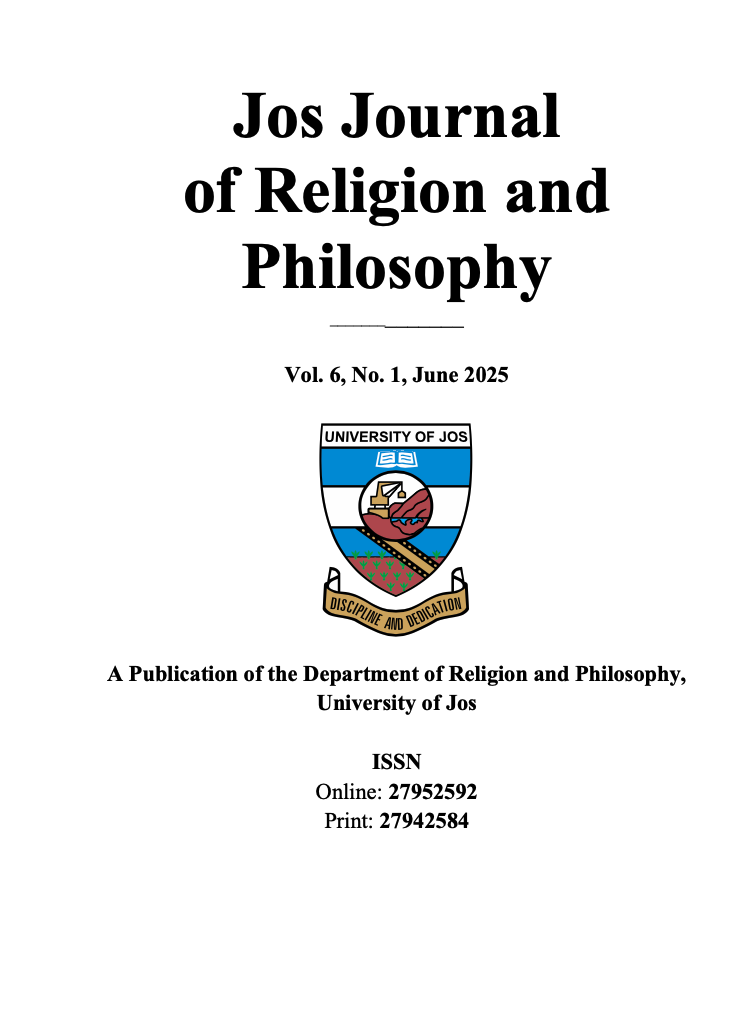RELEVANCE OF CONTEXTUAL NEW TESTAMENT UNDERSTANDING OF JESUS’ WORLD FOR PENTECOSTAL HERMENEUTICS IN AFRICA
Abstract
The formation of the New Testament was entrenched in diverse cultural and religious orientations. The New Testament was written in Palestinian and Greco Roman cultural and religious contexts. Knowledge of this background is germane to understanding, interpreting, and applying the message of the New Testament. African Pentecostal hermeneutics often emphasises Spirit-led interpretation, experiential engagement with Scripture, and the continuity of New Testament charismatic gifts. African Pentecostalism often prioritises contemporary application over historical context. Although this approach has significantly influenced contemporary Christian worship and theology in Africa, it sometimes lacks a strong engagement with the historical and cultural contexts in which the New Testament was written. This situation could be responsible for the lack of doctrinal depth, nominalism, and overemphasis on charisma over character attributed to African Christianity. As a result, there is a critical need to explore how the historical-cultural context of the New Testament can be effectively integrated into African Pentecostal interpretation without compromising its spiritual vitality. This study investigates how the socio-religious environment of first-century Judaism and the broader Greco Roman world influenced the teachings of Jesus and the early Church. It further examines the relevance of integrating this contextual knowledge into African Pentecostal interpretation and practice. This paper adopts an analytical approach to explore the interaction between contextual reading of the New Testament and African Pentecostal hermeneutics. It aims to encourage a more holistic approach to Scripture that deepens contextual understanding and enhances the transformative power of African Pentecostal Christianity.


